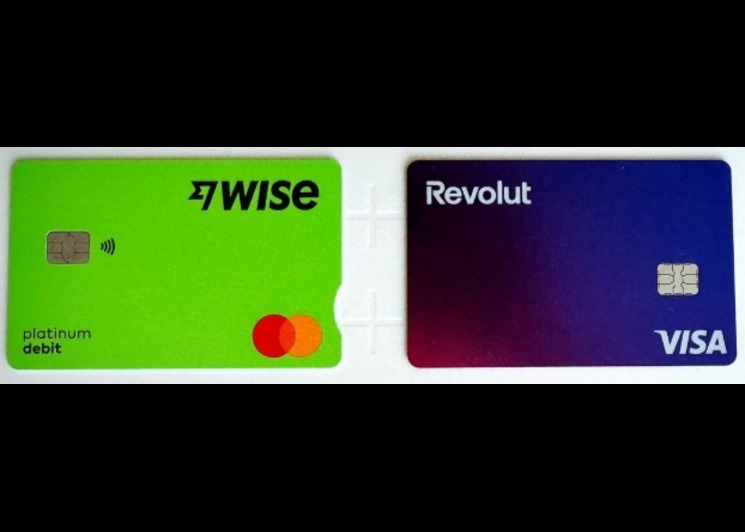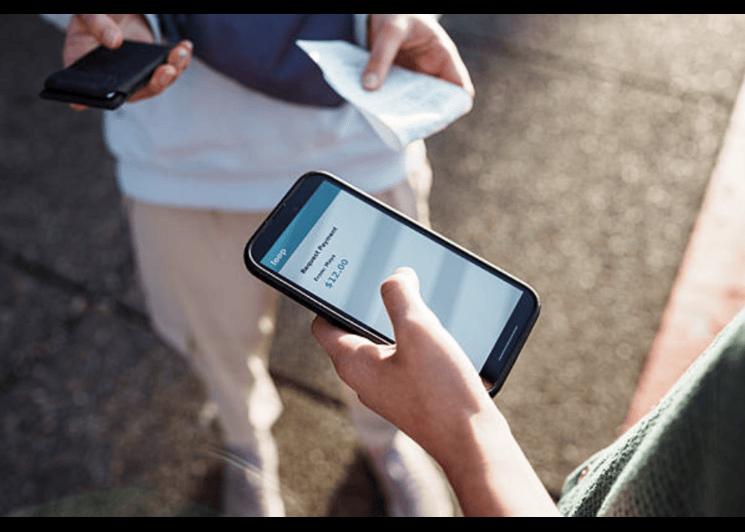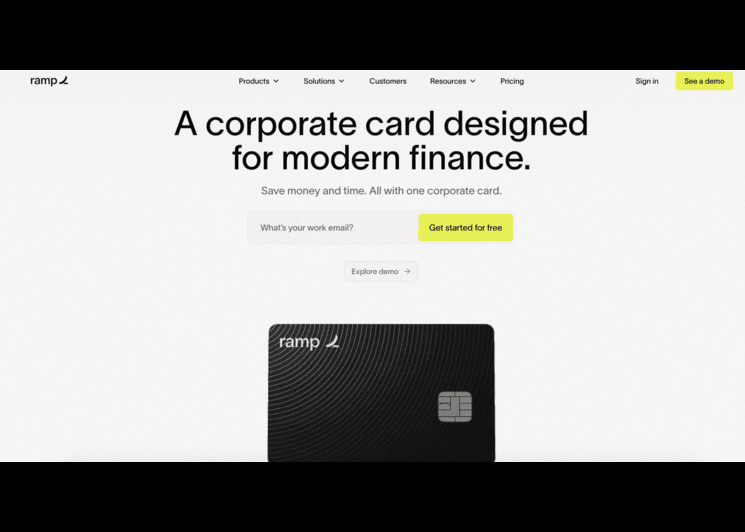Payoneer: What You Need to Know About This Payment Platform
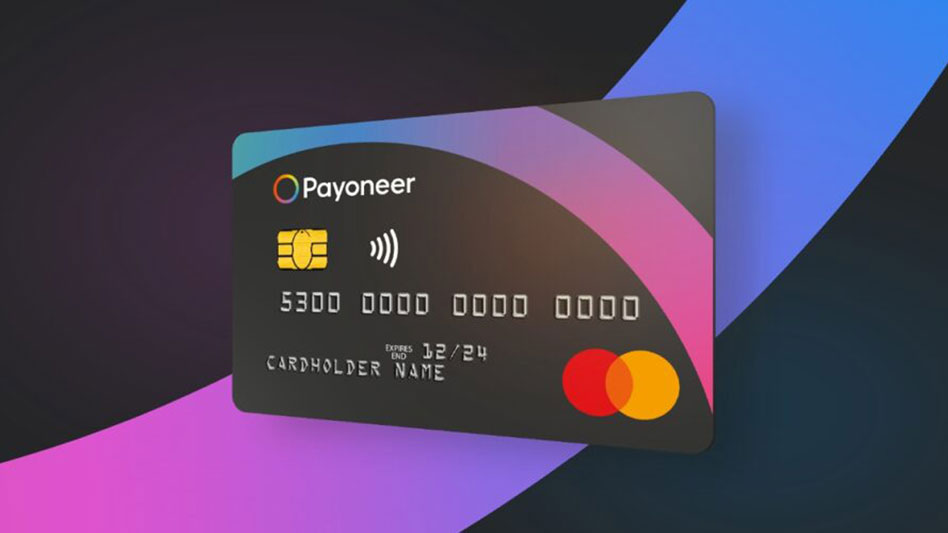
When it comes to moving money across borders, freelancers, small businesses, and even large organizations often look for reliable options. Payoneer has grown into one of the most recognized names in the global payments space. But if you’re considering using it, questions like “Is Payoneer safe?”, what kind of security measures it has, and how its secure transactions actually work are likely on your mind. To understand its appeal, it helps to look at how the payment platform operates and the reasons people continue to choose it.
Is Payoneer Safe for Everyday Use?
One of the first questions people ask is, “Is Payoneer safe?” The short answer is yes, Payoneer operates under strict global regulations and holds licenses in multiple countries. The company follows standard industry practices such as account monitoring, two-factor authentication, and fraud detection.
That said, no payment platform is without risks. Like with any online service, your account’s safety also depends on how careful you are with your logins and devices. Payoneer’s security measures go beyond the basics, but users still play an important role in keeping their accounts secure.
Understanding Payoneer as a Payment Platform
At its core, Payoneer is a payment platform that connects businesses and professionals across borders. You can use it to receive payments from international clients, marketplaces, and affiliate networks, or send funds to contractors worldwide. Unlike traditional bank transfers, Payoneer provides a system that’s designed for speed, lower costs, and accessibility.
The platform has built its reputation on secure transactions and reliable payouts. Whether you’re withdrawing money to your local bank account or using the Payoneer card for purchases, the security measures in place protect your funds at every step.

Your trusted choice for secure payments!
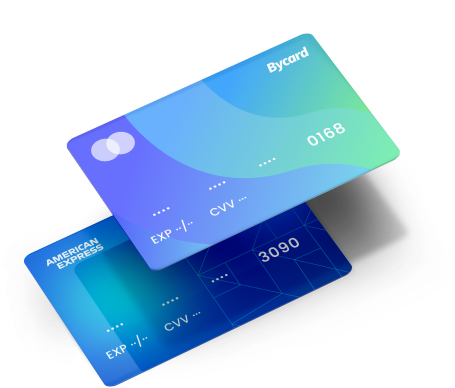
How Payoneer Ensures Secure Transactions
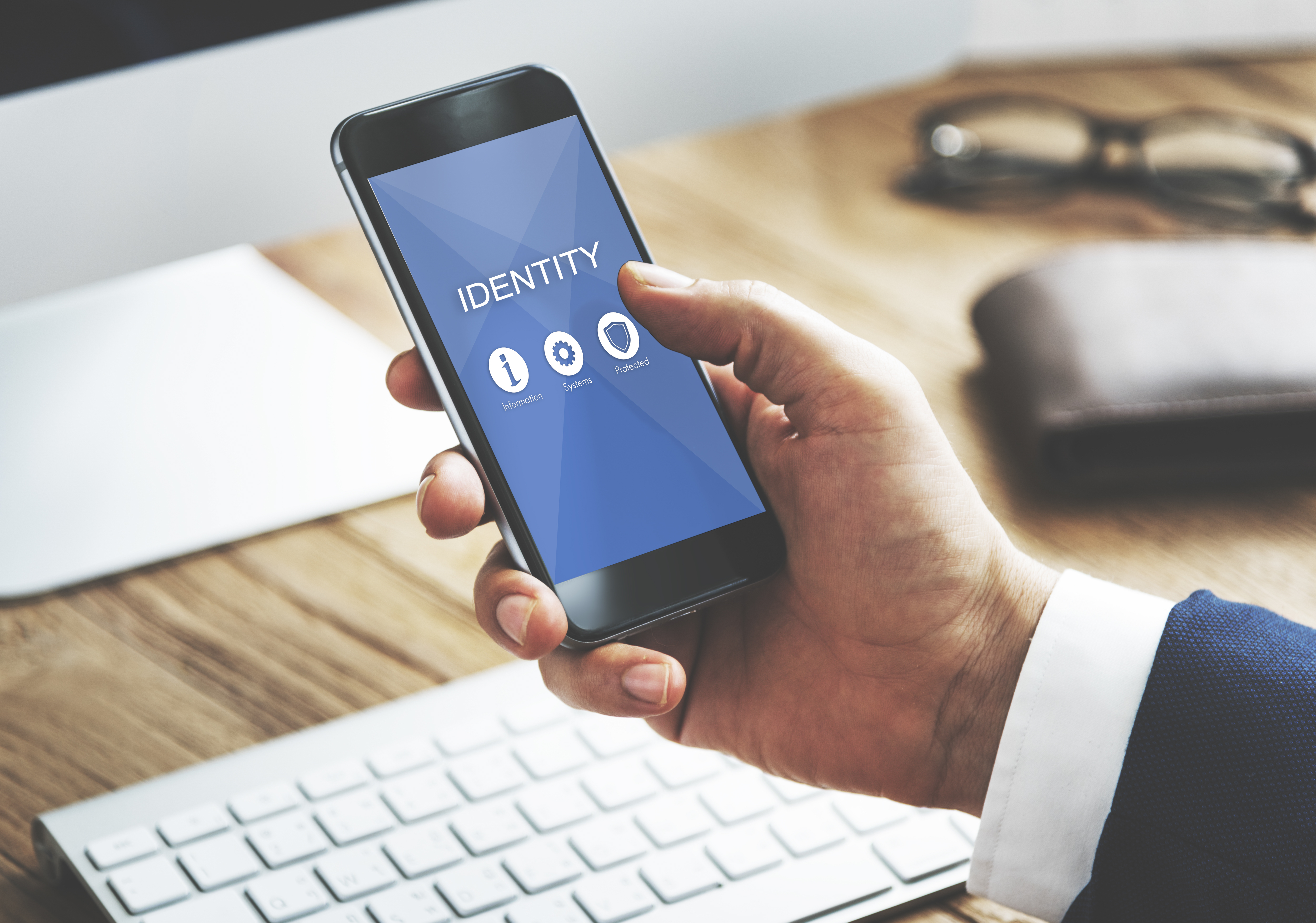
Even with a robust system in place, secure transactions on Payoneer rely on a careful balance between the platform’s built-in protections and the user’s proactive steps. Payoneer’s design focuses on reducing risks at every stage of a transaction, from sending and receiving funds to withdrawing or using the Payoneer card. By combining advanced security measures like encryption and fraud monitoring with tools that make it easy for users to track activity, the platform ensures that every payment is processed safely.
Platform Security Measures
Payoneer invests heavily in security measures to protect users and ensure that all transactions are safe:
- Data encryption: safeguards personal and financial information.
- Fraud detection tools: monitor transactions in real time and flag suspicious activity.
- Two-factor authentication (2FA): adds an extra layer of protection to account logins.
- Monitoring systems: track every transaction to ensure funds are processed accurately and without tampering.
These security measures create a strong foundation for users to send and receive money confidently, making Payoneer a reliable payment platform for global transactions.
User Responsibility for Secure Transactions
Even with strong platform protections, users play an essential role in maintaining safety:
- Set strong and unique passwords, updating them regularly.
- Avoid logging into Payoneer on public or unsecured Wi-Fi networks.
- Confirm recipient details before sending funds.
- Regularly review account activity to catch unusual or unauthorized transactions early.
By combining these best practices with Payoneer’s internal security measures, users ensure that every transaction is secure. This shared responsibility is what makes Payoneer trustworthy and answers the question, “Is Payoneer safe?
How Payoneer Works in Real-Life Situations
Understanding how Payoneer functions in everyday scenarios can make it easier to see why so many users trust the platform for international payments. From freelancers to e-commerce businesses and global teams, Payoneer simplifies the way money moves across borders while keeping secure transactions a top priority.
- A freelancer in the United Kingdom receives payment from a client in the United States through Payoneer. The funds arrive quickly, and the platform’s security measures ensure the transaction is fully protected.
- An e-commerce business in Canada pays a supplier in Japan without worrying about slow bank transfers or hidden fees. The payment platform streamlines the process, making international payments straightforward.
- Companies managing remote teams across multiple countries use Payoneer to track contractor payments efficiently, benefiting from its robust secure transactions and monitoring systems.
These examples demonstrate why many users ask, “Is Payoneer safe?” and why it continues to be a trusted payment platform for global payments.
Secure Transactions and User Responsibility
Even with advanced systems in place, the question “Is Payoneer safe?” comes down to shared responsibility. The company can build strong security measures, but users must also take steps like setting strong passwords, avoiding public Wi-Fi for financial logins, and enabling all available protection features.
When these habits combine with Payoneer’s internal safeguards, the result is a stronger shield against fraud and unauthorized access. That’s what makes secure transactions not just a feature of the platform but a shared effort.
Why Many Still Choose Payoneer
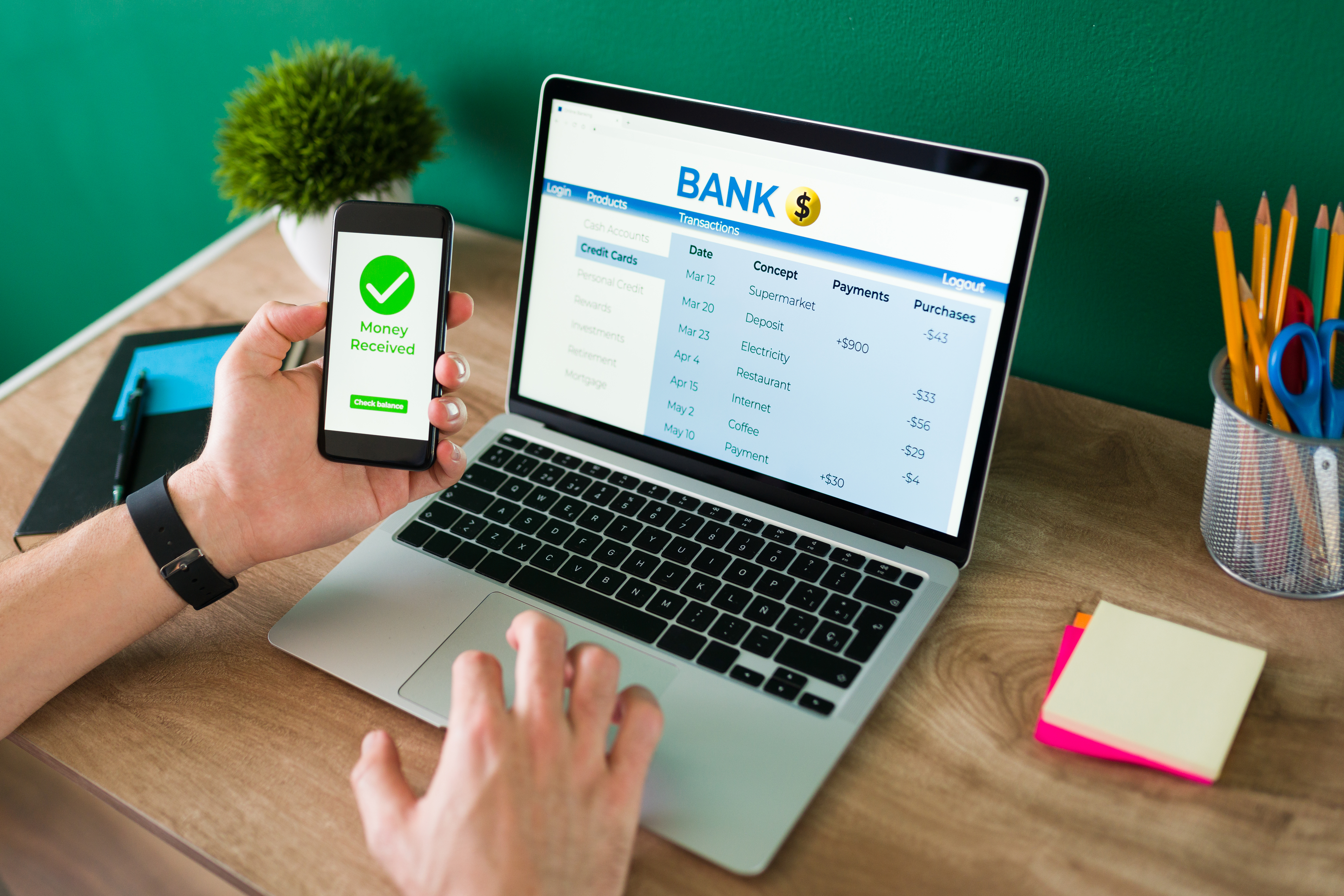
Despite the competition in the financial technology space, Payoneer remains a preferred payment platform for millions. The focus on secure transactions, transparent fees, and flexible withdrawal options gives it an edge. Users often highlight how reassuring it is to know that their money is protected by strong security measures while still being easy to access.
So, is Payoneer safe? The evidence strongly suggests it is. From compliance with global financial regulations to active fraud detection systems, Payoneer checks the right boxes. And when you do your part, the combination makes the experience even safer.
Conclusion
Payoneer balances convenience with protection, making it a dependable choice for individuals, freelancers, and businesses looking to manage cross-border payments efficiently. Its combination of robust security measures, transparent fees, and reliable secure transactions ensures that funds are handled safely while giving users flexibility in how they send or receive money.
For those considering alternatives or looking for a dedicated virtual card solution, Bycard is often regarded as one of the best options available.

